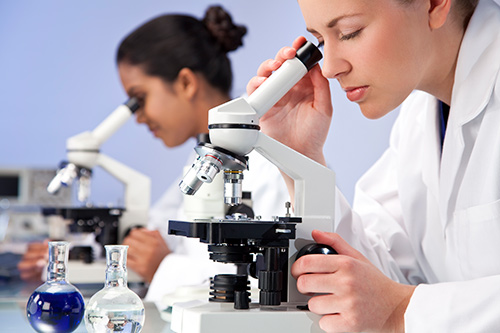
Source: iStock/©dmbaker
Roche said today it plans to acquire GeneWEAVE for up to $425 million, in a deal intended to strengthen its offerings in clinical microbiology diagnostics.
Through the acquisition, Roche said, it will be better able to fight drug-resistant bacteria because it will own GeneWEAVE’s Smarticles™ technology. Smarticles is a class of molecular diagnostics designed to quickly identify multidrug-resistant organisms (MDROs) and assess antibiotic susceptibility directly from clinical samples, without the need for traditional enrichment, culture, or sample preparation processes.
GeneWEAVE’s first system in development using the technology, the vivoDx, is a fully automated, random-access system designed for laboratories addressing MDRO detection and antibiotic therapy guidance. The technology is currently being evaluated in multiple sites across the U.S.
“With GeneWEAVE, we further strengthen our microbiology diagnostics offerings with cutting-edge technology that will aid in the fight against drug-resistant bacteria. This technology has the potential to provide healthcare professionals access to quick and accurate diagnoses that can lead to rapid, informed treatment decisions,” Roland Diggelmann, COO of Roche Diagnostics, said in a statement.
Roche has agreed to pay GeneWEAVE shareholders $190 million upfront and up to $235 million in payments tied to achieving product-related milestones.
The deal is subject to customary closing conditions. Once closed, GeneWEAVE will be integrated into Roche Molecular Diagnostics, Roche said.
Based in Los Gatos, CA, GeneWEAVE is a privately held in vitro diagnostics company focused on diagnostic solutions for advancing clinical microbiology. Last year, the company completed a $12 million series B financing led by Decheng Capital with participation by existing investors Claremont Creek Ventures and X Seed Capital.
“Roche is the ideal company to deliver on the promise of our Smarticles technology. We are fully committed to the continued success of GeneWEAVE’s employees, products, and pipeline,” added GeneWEAVE CEO Steve Tablak.
Roche’s acquisition of GeneWEAVE is the pharma’s second deal this year focused on fighting drug-resistant “superbugs.”
In January, Roche obtained rights from Meiji Seika Pharma and Fedora Pharmaceuticals to develop and commercialize the Phase I beta-lactamase inhibitor OP0595 worldwide except Japan, as part of a treatment designed to fight bacterial resistance to antibiotics. The deal could generate up to $750 million for Meiji and Fedora.
Also, since November 2013, Roche has partnered with Polyphor to develop and commercialize a macrocycle antibiotic designed to fight bacterial infections linked to the multidrug-resistant Pseudomonas species—an up to CHF 500 million ($511.8 million) alliance for Polyphor. In June, Polyphor CEO Michael Altorfer, Ph.D.—a onetime Roche research scientist who took office in March—told Bloomberg News his company may consider an initial public offering should financial markets remain healthy and clinical results prove promising for the co-developed compound, called POL7080.



